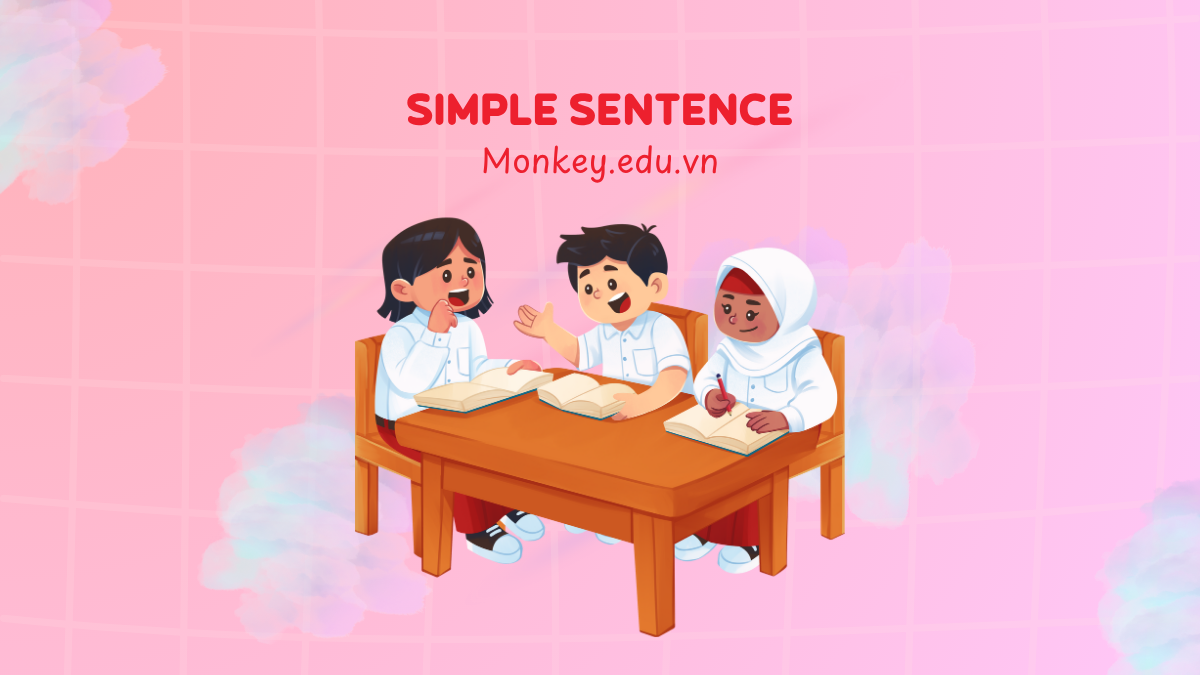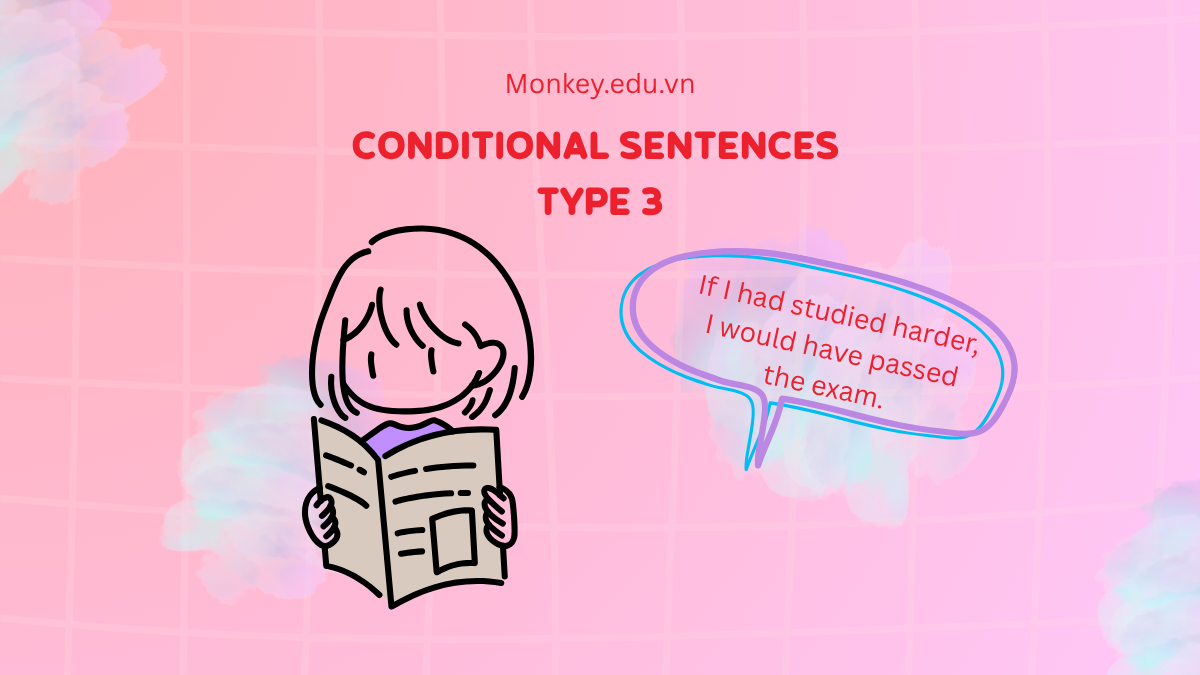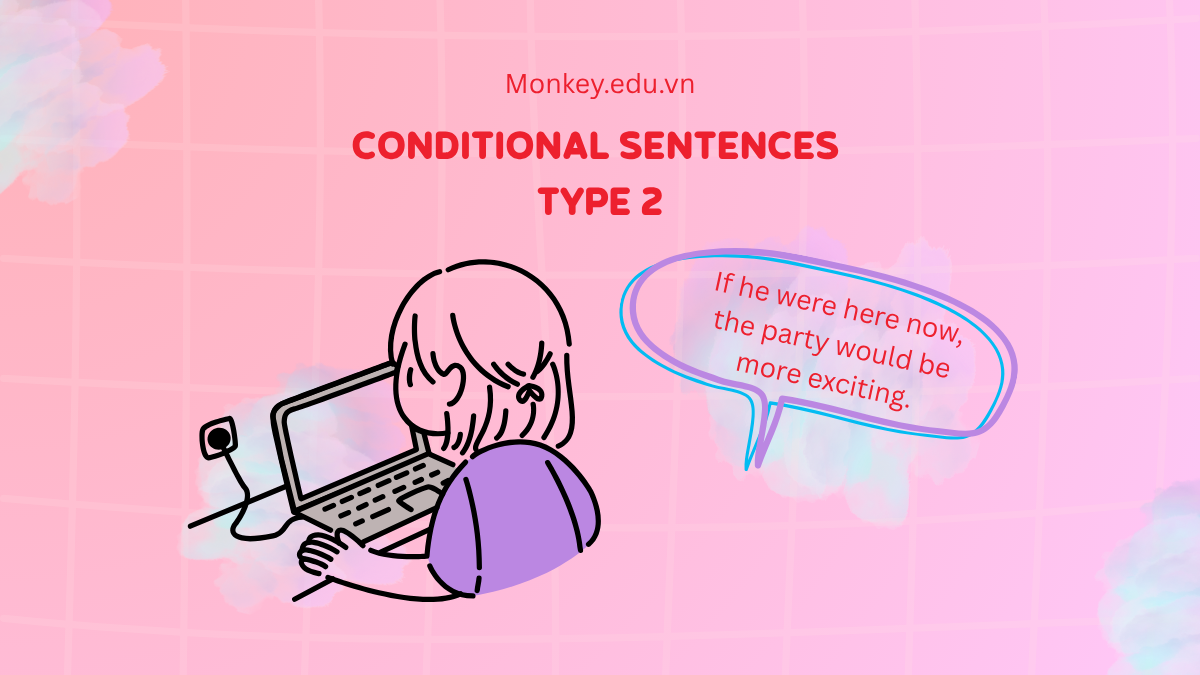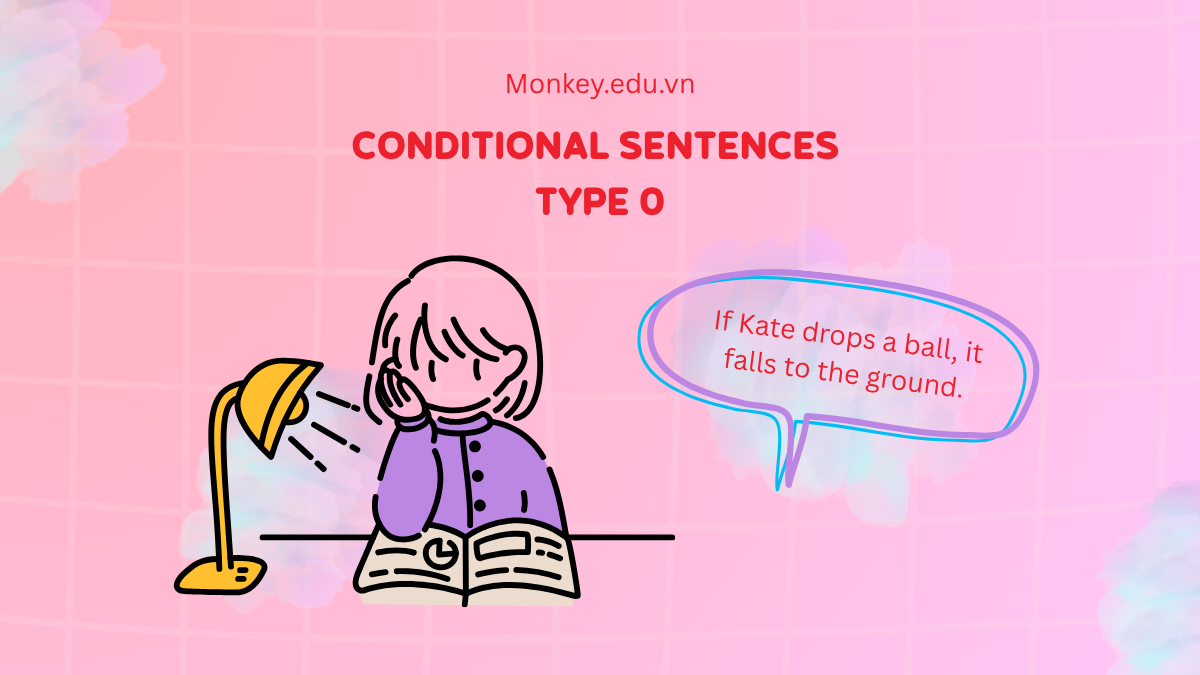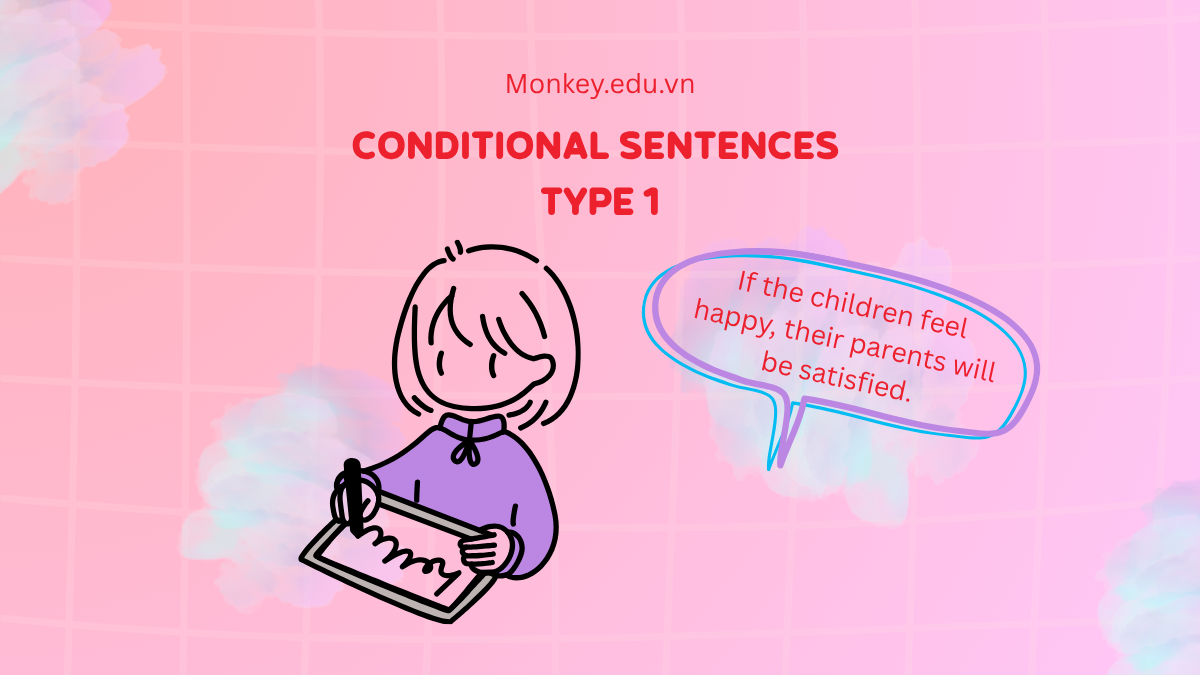A determiner is a small but important word we use before nouns to tell which one, how many, or whose it is. Learning determiner in English grammar helps kids make clear and complete sentences easily.
What Is a Determiner?
Before diving deeper, let’s understand what determiners do in a sentence. A determiner is a word that comes before a noun to give more information about it. It tells us which thing, how much, or whose thing we are talking about.
For example:
-
A cat is sleeping.
-
The cat is sleeping on my bed.
-
I have two cats.
Without determiners, sentences can sound strange or incomplete. For instance, saying “Cat is sleeping” doesn’t make sense unless we know which cat!
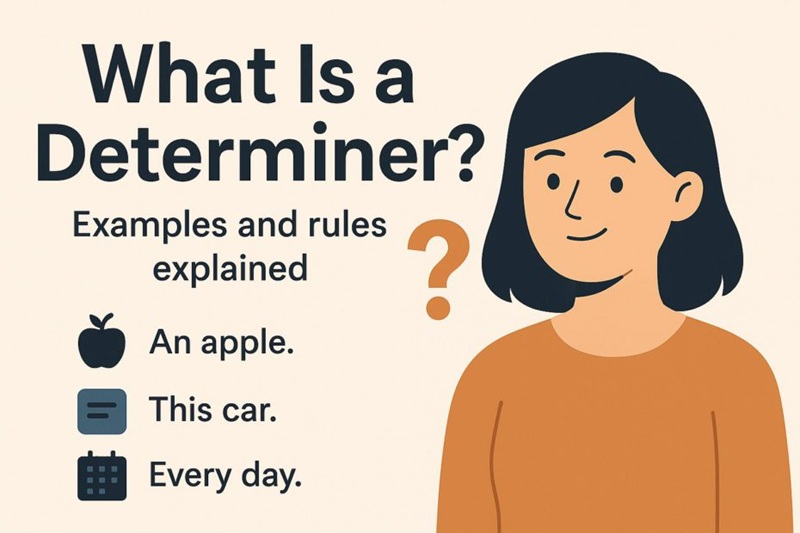
Types of Determiners in English Grammar
To make learning easier, determiners can be divided into several simple categories. Each type has a special job to do in a sentence. Let’s look at them one by one with examples children can easily understand.
1. Articles (a, an, the)
We often start with articles because they’re the most common determiners children use. Articles help us talk about things in general or in particular.
|
Article |
Use |
Example |
|
a |
before singular nouns starting with consonant sounds |
a dog, a ball |
|
an |
before singular nouns starting with vowel sounds (a, e, i, o, u) |
an apple, an elephant |
|
the |
before specific nouns (something we already know) |
the sun, the book on the table |
For example:
-
I saw a bird. (any bird)
-
The bird is singing. (the same bird we mentioned before)
-
She ate an orange.
2. Demonstrative Determiners (this, that, these, those)
Now let’s talk about words we use to point at things, these are demonstrative determiners. They show which object or person we are talking about, depending on distance and number.
|
Word |
Use |
Example |
|
this |
singular, near |
This toy is new. |
|
that |
singular, far |
That car is fast. |
|
these |
plural, near |
These apples are sweet. |
|
those |
plural, far |
Those stars are bright. |
Children can practice by pointing at real objects and using the correct word — this activity makes learning interactive and fun.
3. Possessive Determiners (my, your, his, her, our, their)
Possessive determiners help show who owns something. They come before a noun to tell us the relationship between people and objects.
For example:
-
My dog is brown.
-
Her book is on the table.
-
Our teacher is kind.
Helping children learn these words builds their ability to express ownership and talk about relationships naturally.
4. Quantifiers (some, any, few, many, much, a lot of)
Sometimes we want to talk about how much or how many of something there is. These words are called quantifiers.
|
Quantifier |
Use |
Example |
|
some |
used in positive sentences |
I have some friends. |
|
any |
used in questions or negatives |
Do you have any milk? |
|
few |
small number (countable) |
She has few pencils. |
|
many |
large number (countable) |
There are many stars in the sky. |
|
much |
large amount (uncountable) |
We don’t have much time. |
|
a lot of |
large amount or number |
He has a lot of toys. |
5. Numbers as Determiners
Numbers can also act as determiners because they tell exactly how many of something there are.
For example:
-
I have two pets.
-
She bought three apples.
-
We saw one rainbow today.
6. Interrogative Determiners (which, what, whose)
These determiners are used to ask questions. They help children form complete, polite questions when they want to know more about people or objects.
|
Word |
Use |
Example |
|
which |
asking for a specific choice |
Which color do you like? |
|
what |
asking for general information |
What game are you playing? |
|
whose |
asking about ownership |
Whose pencil is this? |
Common Mistakes Kids Make with Determiners
Children learning English may confuse or forget determiners, especially when two types seem similar.
Here are some frequent mistakes and how to fix them:
|
Incorrect Sentence |
Correct Sentence |
Explanation |
|
I saw cat. |
I saw a cat. |
Missing article. |
|
He likes the apples. |
He likes apples. |
“The” not needed for general meaning. |
|
This toys are mine. |
These toys are mine. |
Wrong demonstrative for plural noun. |
|
She has much books. |
She has many books. |
Use “many” for countable nouns. |
Practice Exercises: Determiner in English Grammar
Exercise 1: Fill in the Blanks
Complete each sentence with the correct determiner (a, an, the, this, these, my, some, any).
-
I have ______ red pen.
-
______ book on the table is new.
-
She bought ______ apples from the market.
-
Is there ______ water left?
-
______ cat is sleeping on ______ chair.
Exercise 2: Choose the Correct Answer
-
(This / These) flowers smell good.
-
(My / Mine) brother is older than me.
-
I don’t have (some / any) money.
-
(A / An) elephant is a big animal.
-
(Few / Much) children know the answer.
Exercise 3: Write Your Own Sentences
Ask children to create sentences using:
-
one article (a, an, the)
-
one possessive determiner (my, your, his)
-
one demonstrative (this, those)
Example: “This is my pencil.”
Answer Key
Exercise 1:
-
a
-
The
-
some
-
any
-
The – the
Exercise 2:
-
These
-
My
-
any
-
An
-
Few
Learn Determiner in English Grammar with Monkey Junior
Learning determiner in English grammar becomes much more enjoyable when it’s presented in a playful, interactive way. That’s why Monkey Junior is the perfect learning companion for children aged 0 - 11.
Monkey Junior teaches determiners through colorful animations, stories, and games that make grammar feel natural and exciting. Instead of memorizing dry rules, children see determiners used in real-life examples and practice them through quizzes and speaking exercises.
With Monkey Junior, your child can build a strong foundation in grammar, vocabulary, and pronunciation all while having fun.
Start learning with Monkey Junior today and help your child master English grammar with confidence and joy!
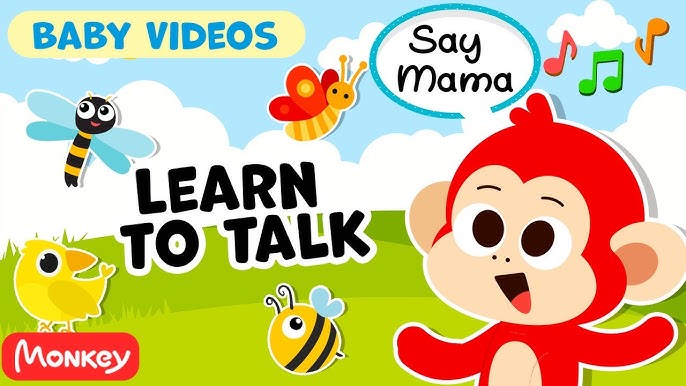
Conclusion
Determiners are small but powerful words that make sentences complete and meaningful. When kids understand determiner in English grammar, they can express ideas more clearly. With daily practice, fun examples, and Monkey Junior’s engaging lessons, children will soon speak and write English confidently.
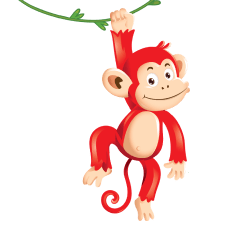
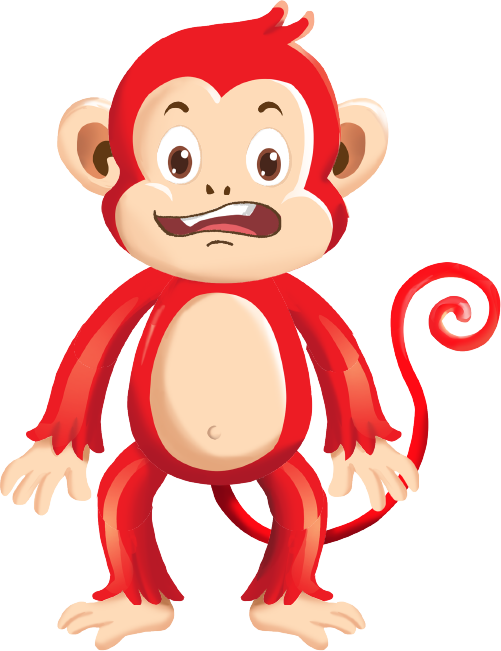
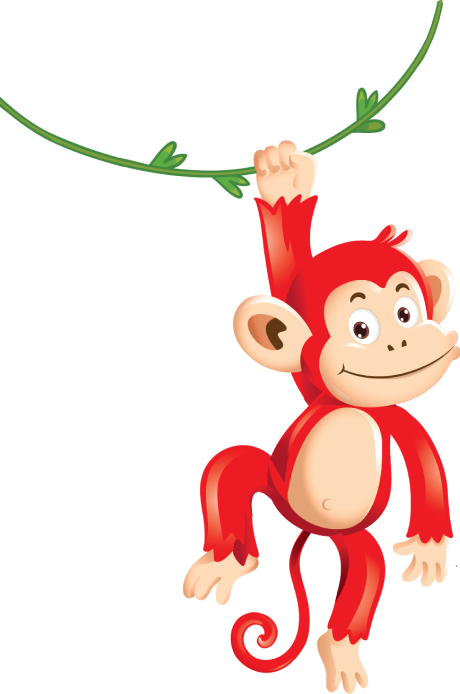
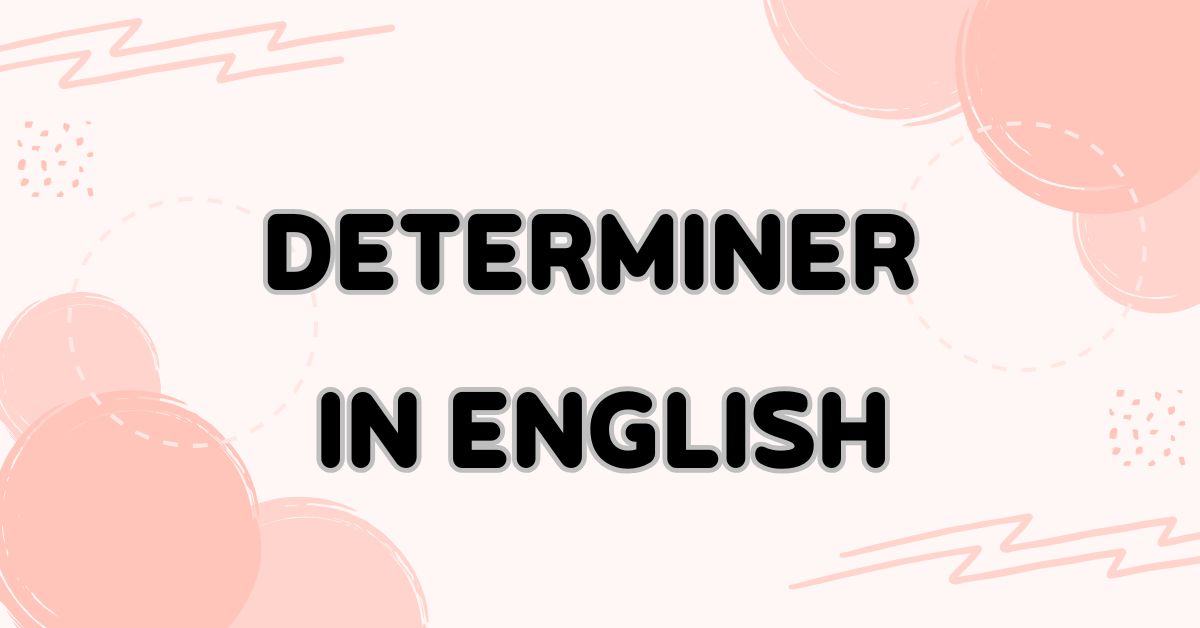
.png)
